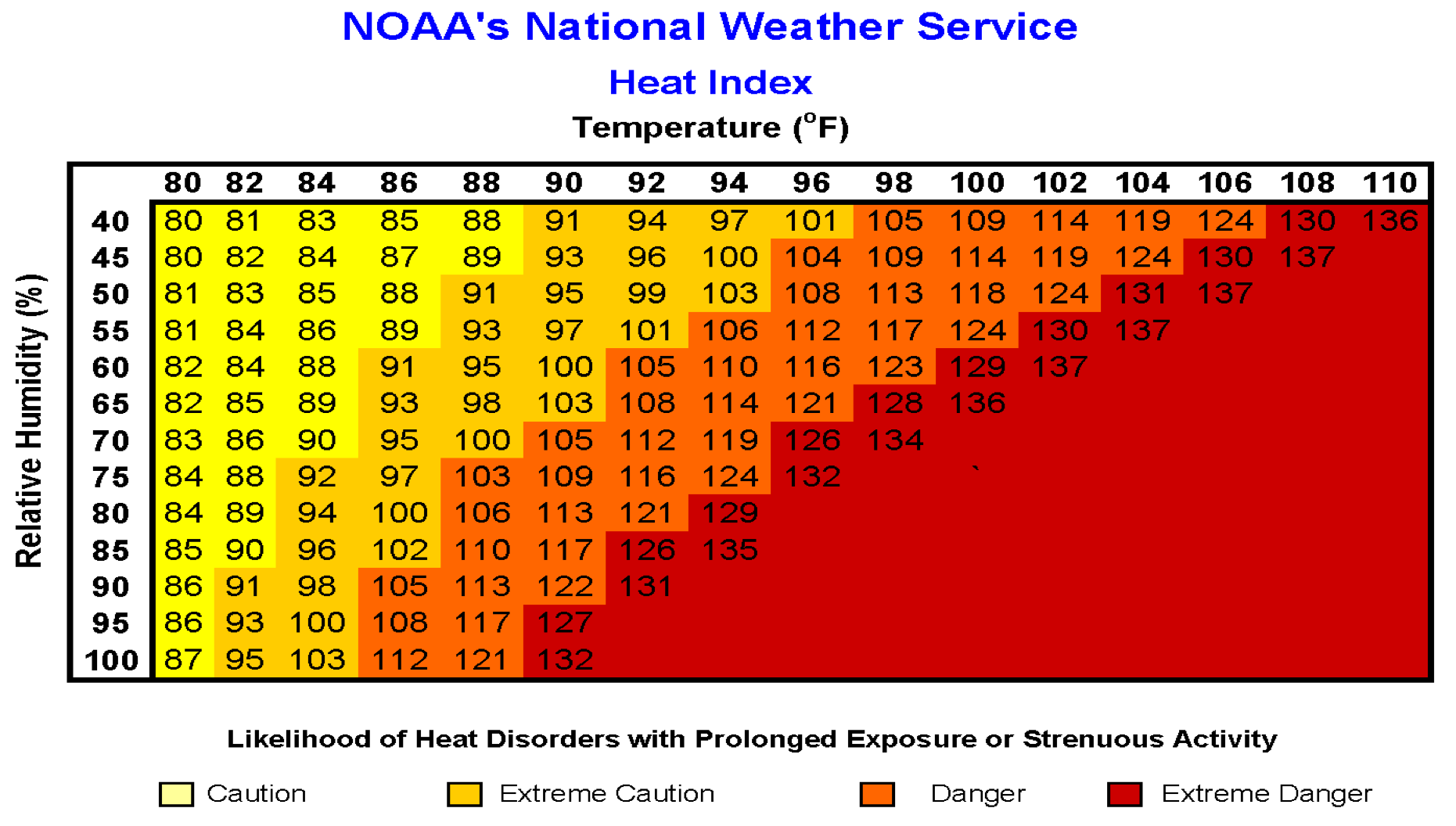Charleston Carriage Horse Advocates is a Nonprofit located in Charleston South Carolina. The mission of the organization is to educate the public and advocate for the humane treatment of livestock and animals that work in urban environments. CCHA serves the Charleston community by providing up-to-date information on the carriage industry and resources needed to report carriage animal incidents and abuse.
Six Main Issues:
There are currently six main issues that Charleston Carriage Horse Advocates hopes to highlight to the City of Charleston: the temperature that the animals are working in and how it is measured, the load size that the animals are pulling, the amount of hours that the animals are working each day, the amount of recuperation each animal gets, stall size for each animal, and appropriate amount of feed and care.
Charleston Carriage Horse Advocates’ Impact:
Within the first year, Charleston Carriage Horse Advocates brought worldwide attention to the plight of these animals through our social media posts. In April 2017, an incident occurred where a bystander’s video was posted to the Advocates Facebook page. Over 13 Million people viewed this video. Eleven national media outlets picked up the story, including USA Today. Our Facebook Friends jumped to 14,000.
Concerns to Highlight:
In the upcoming warmer months, it is a concern to Charleston Carriage Horse Advocates that the animals continue to work in the Charleston heat. We are aiming to help educate tourists, residents, and the City Council on the inhumane aspect of the ordinance that is currently in place.
Currently the heat ordinance requires four readings of 95 degrees before horses can be relieved from the oppressive heat. In the heat index below, you can see these are considered extreme when coupled with Charleston’s intense humidity. The thermometer to measure the temperature is also located on top of a four story hotel, versus asphalt level where the horses are working.
How You Can Get Involved:
Interested in being a fellow advocate? Contact us today to see how you can help educate peers on humane treatment for the carriage animals. Your voice matters!

